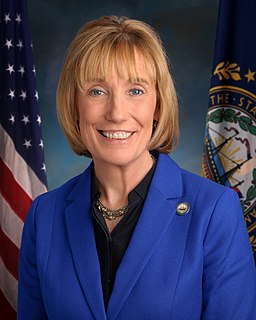A Quote by Leila Janah
At Samasource, a company I founded in 2008, we train people living in poverty from Kenya to California to develop and market 21st century digital skills to adapt to new economic realities.
Related Quotes
Here's what I don't think works: An economic system that was founded in the 16th century and another that was founded in the 19th century. I'm tired of this discussion of capitalism and socialism; we live in the 21st century; we need an economic system that has democracy as its underpinnings and an ethical code.
Here's what I don't think works: An economic system that was founded in the 16th century and another that was founded in the 19th century. I'm tired of this discussion of capitalism and socialism; we live in the 21st century, we need an economic system that has democracy as its underpinnings and an ethical code.
I think our children will be living on floating cities, and they will look back on the 20th Century, when people lived in primitive governments founded in previous centuries, and they will be living on modular, sustainable, floating cities that we can't imagine now, that are based on the voluntary choice of citizens. I think we will have a marvellous world in the 21st Century.
Our biggest challenge in this digital age that we are entering is how do we effectively begin to train people for the jobs that are going to exist and not have them be stuck on jobs that are going to go away? And this is a big deal. And it requires the businesses of this country to, in my opinion, first of all, demand changes in the education system and also develop innovative, creative ways to have industries train people for the skills that are necessary for the jobs that are coming.
The great challenge of the 21st century is to provide good standards of living for 7 billion people without depleting the earth's resources or running up massive levels of public debt. To achieve this, government and business alike will need to find new models of growth that are in both environmental and economic balance.
President Bush said that American workers will need new skills to get the new jobs in the 21st century. Some of the skills they're going to need are Spanish, Chinese, Korean, because that's where the jobs went. Who better than Bush as an example of what can happen when you take a job without any training.
Samasource's largest clients are technology companies such as Microsoft, Google, Getty Images, and TripAdvisor, which contract with my company rather than a traditional outsourcing company in order to participate in 'impact sourcing' - conscious efforts to reduce poverty by moving money into places that need it.
Housing has always been a key to Great Resets. During the Great Depression and New Deal, the federal government created a new system of housing finance to usher in the era of suburbanization. We need an even more radical shift in housing today. Housing has consumed too much of our economic resources and distorted the economy. It has trapped people who are underwater on their mortgages or can't sell their homes. And in doing so has left the labor market unable to flexibly adjust to new economic realities.































